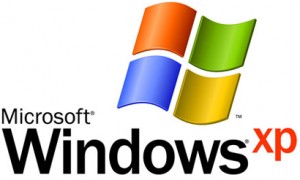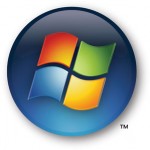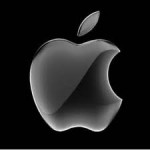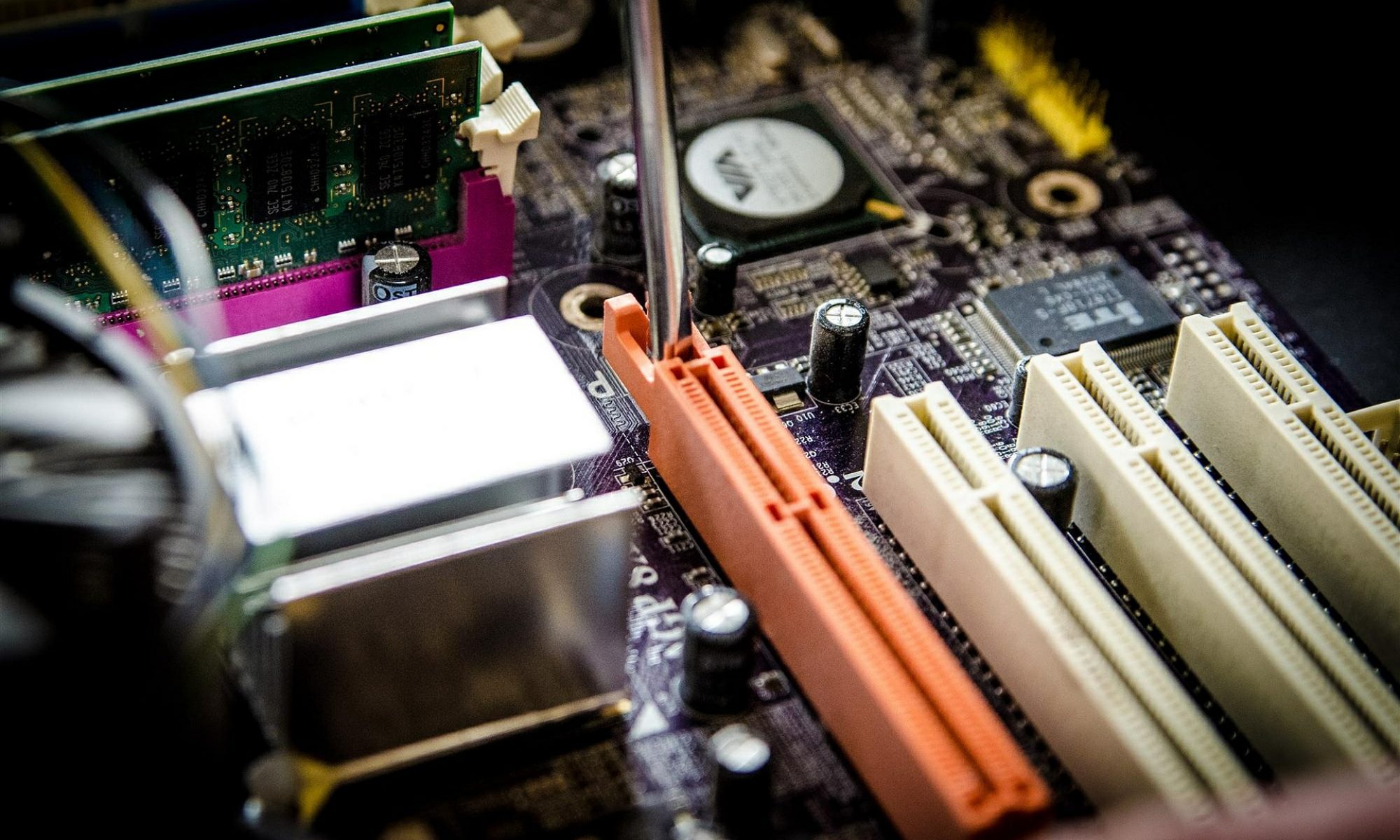Microsoft announced in April 2012 that it will end support for Windows XP and Office 2003 in April 2014. This is certainly no surprise since the operating system will celebrate its eleventh birthday this October. By the time Microsoft ends support, it will have been on the market for almost 12.5 years — 2.5 years longer than the company typically supports an operating system (“OS”).
 So what’s the big deal? No one really uses XP anymore, do they? As a matter of fact, XP has maintained strong market share despite the popularity and stability of Windows 7. According to StatCounter.com, Windows 7 finally overtook XP in the fall of 2011 – a full 2 years after Windows 7’s October, 2009 release. This is a pretty remarkable stat for a ten year old operating system that is 2 generations removed from Windows 7. Windows 7 now holds a firm lead at 49% of the OS market with XP now trailing at about 31%, Vista at 8%, and Mac OSX at 7.5% .
So what’s the big deal? No one really uses XP anymore, do they? As a matter of fact, XP has maintained strong market share despite the popularity and stability of Windows 7. According to StatCounter.com, Windows 7 finally overtook XP in the fall of 2011 – a full 2 years after Windows 7’s October, 2009 release. This is a pretty remarkable stat for a ten year old operating system that is 2 generations removed from Windows 7. Windows 7 now holds a firm lead at 49% of the OS market with XP now trailing at about 31%, Vista at 8%, and Mac OSX at 7.5% .
Is it time to run out and spend $100+ for Windows 7? Probably not, unless you have other compelling reasons (like Vista) to upgrade. You still have some time and there’s a good chance that you will decide to replace your aging computer between now and XP’s scheduled sunset in April, 2014. After all, XP has not sold on retail shelves since late 2010, so your PC will be at least 4 years old by then.
For most people, migrating to a new operating system is a big hassle, but can be done over the course of a weekend. An enterprise, however, can take 18 months or more to migrate to a new OS. About six months ago, an international law firm replaced all of their laptops and desktops across the firm. Surprisingly, the IT staff decided to wipe Windows 7 from all of these new machines and replace it with Windows XP – quite a surprising move in light of XP’s advanced age.
In a world where online threats are constantly plaguing systems, and where hackers have successfully defeated Windows Updates digital certificates, it is critical to run an operating system that still receives updates – especially when that software company has a history of releasing operating systems with gaping security holes. You know those Windows Update notifications you receive several times a month? Some of those make the system run a little better or tweak instability issues. Most of the updates, though, patch security vulnerabilities that Microsoft has identified or that hackers have already exploited. Thus, it’s pretty critical to abandon an operating system that is no longer supported.
If you decide to upgrade, should you wait for Windows 8, or choose Windows 7? As much as Microsoft wants Win8 to set the new standard the way Windows 95 did, their track record is not so great. Most in the IT field will agree that every other major Microsoft OS release has been junk (Windows 95 [sure, it turned out to be decent after a challenging start], Windows ME, and Windows Vista were all stinkers). Will Windows 8 break Microsoft’s trend of substandard operating systems? I have a theory that they release bad operating systems to build demand for subsequent releases. Plus, they buy time for hardware manufacturers to develop drivers for the new release and software developers to build compatible apps.
Think about Vista: I have seen plenty of Vista machines that became so corrupt or slow that it made more sense to simply erase the OS and reload. In the likely event that the user lost their system installation disks or simply decided to pull the plug on a bad OS, they shelled out $100+ to purchase Windows 7. Thus, Microsoft got paid when Dell, HP, and others sold the new computer, and MS got paid again when users became fed up with [insert crappy Windows release] and purchased a new retail copy.
Back to Windows 8, one major factor in Microsoft’s corner is their push to make a consistent user interface (UI) for desktop/laptop computers, tablets and phones the way that Apple has done. One of Apple’s strengths is that the UI is consistent from their desktops/laptops to iPhones to iPads to iPods.  No one else has mastered this yet: Android’s UI on phones and tablets is consistent, but they don’t have significant market share in their ChromeBook category. I don’t know if Microsoft’s UI is consistent from PCs to mobile devices because no one is buying them yet... MS has only grabbed up about 2% of the U.S. smartphone market. They’re not winning any fans either, following recent announcements that the new Windows Phone 8 OS cannot be installed on existing Windows 7 phones… GASP!
No one else has mastered this yet: Android’s UI on phones and tablets is consistent, but they don’t have significant market share in their ChromeBook category. I don’t know if Microsoft’s UI is consistent from PCs to mobile devices because no one is buying them yet... MS has only grabbed up about 2% of the U.S. smartphone market. They’re not winning any fans either, following recent announcements that the new Windows Phone 8 OS cannot be installed on existing Windows 7 phones… GASP!
If you listen to the Apple fanboys, the desktop/laptop era is dead and PCs will give way to tablets and handheld devices. While reports on the death of the PC are greatly exaggerated, most industry experts believe that mobility is where the biggest innovations (and profitability) will be for the foreseeable future. Thus, Windows needs to get it right NOW with their mobile platform or cut bait. But I digress.
The bottom line on XP is that it’s time to start thinking about upgrading your business systems, especially if you have a large number of users still on XP. It’s probably safe to hang on another year or two with your personal XP system(s) since you will likely replace those systems anyway. I certainly will! To avoid major security issues, though, it’s critical to jump the XP ship when Microsoft pulls the plug in 2014.
I have no intentions of rushing out and upgrading to Windows 8 when it is released in late 2012. If history teaches us anything, Windows 8 will be buggy out of the box and will emerge as yet another problematic OS that will ultimately be fixed by its successor, presumably Windows 9. Windows 7 will become the new XP in that its solid performance, security and stability will make it a market leader for the next decade.
Share your thoughts and stories on XP or other Windows releases. I would also like to know your predictions for Windows 8.
As always, if PartnerTechs can help you with your small business technology needs, please contact Ken Carmack.
